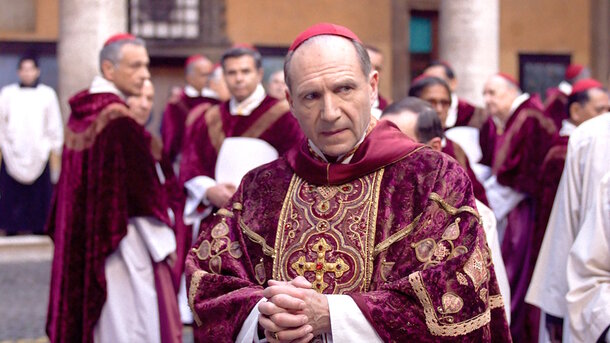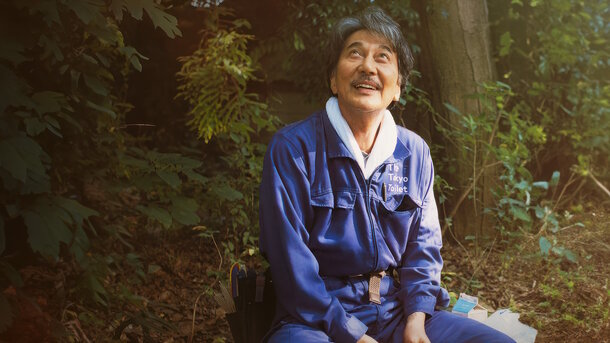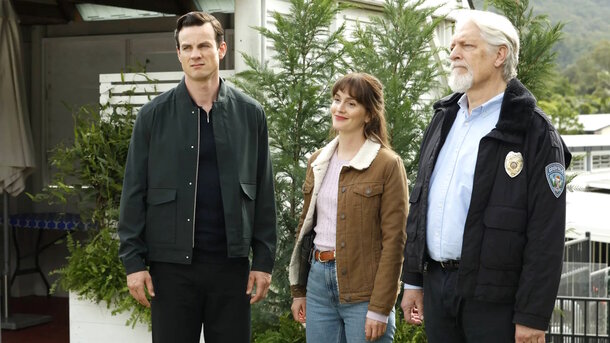Tim Mielants’ film Small Things Like These, starring Cillian Murphy, should not be seen as just the personal drama of one man. Instead, it offers a profound reflection on society as a whole, where poverty is not just an unfortunate circumstance but a systemic force that compels people to accept injustice.
A Divided World: The Warmth of Home and the Cold Streets in Small Things Like These
Bill is a man who has escaped poverty, built a successful business, and created a family. Yet he cannot forget his past — nights spent in a cold bed, hunger, and despair. He is acutely aware that beyond the walls of his comfortable home, there are people who weren’t as fortunate as he was.
This internal conflict becomes especially evident when Bill encounters a pregnant young woman, Sarah, who has been confined in a convent for “correction.” He is faced with a moral dilemma: turn a blind eye or risk everything to help her.

Why Coal Is a Crucial Symbol in Small Things Like These
The coal that Bill supplies to the convent and the entire town becomes a symbol of the vast social divide. It warms the homes of some while blackening the hands of others. Bill literally tries to wash away this stain, but poverty is not just dirt that can be easily scrubbed away.
The Meaning of Small Things Like These: Human Warmth vs. the System
Tim Mielants does not condemn society’s indifference but rather illustrates how difficult it is to remain compassionate when survival itself is a struggle. However, the film highlights one crucial idea: even in a world divided by class and injustice, kindness still has the power to change destinies.










